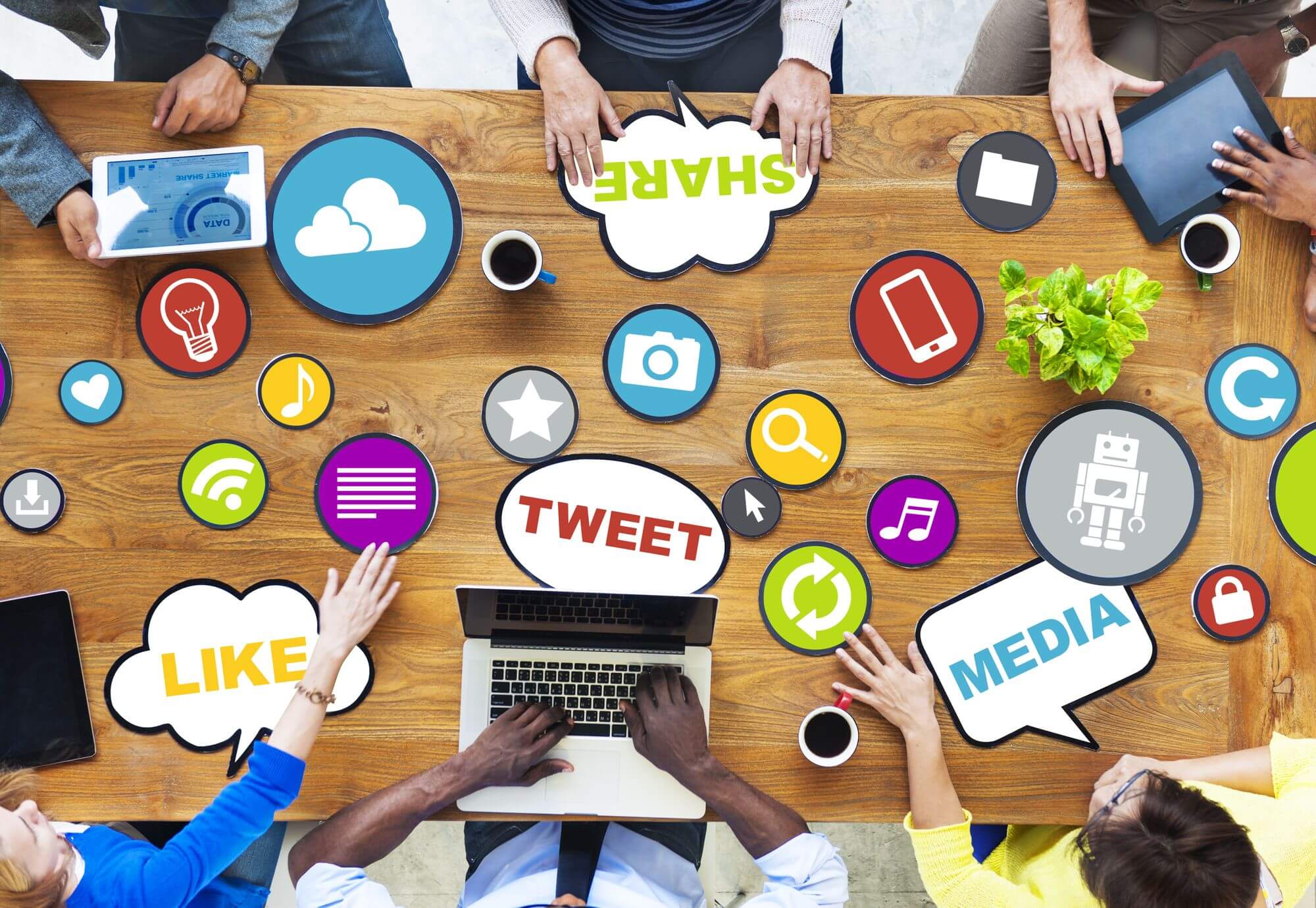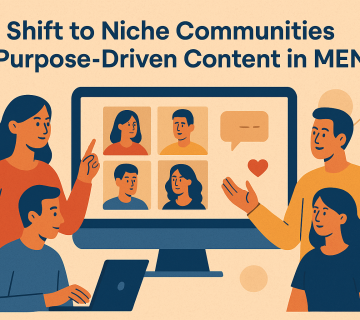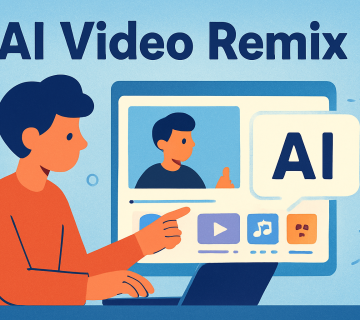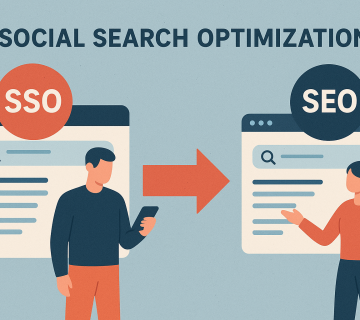Social media saturation refers to the phenomenon of social media platforms becoming so pervasive in our lives that they begin to have negative impacts on our mental health, relationships, and overall well-being. With the rise of socials usage over the past decade, concerns about saturation have become more prevalent. In this article, we’ll explore what social media saturation is, its effects, and what we can do to mitigate its impact.
What is Social Media Saturation?
Social media saturation occurs when social media use becomes so pervasive that it begins to negatively impact our well-being. This can manifest in several ways, including decreased attention span, increased anxiety and stress, and a reduced ability to focus on tasks. It can also lead to addiction, as users become increasingly reliant on social media as a means of coping with stress or anxiety.
Effects of Social Media Saturation
Social media saturation can have a range of negative effects on our mental health and well-being. Here are a few of the most common:
Anxiety and Stress
Firstly, Socials saturation can lead to increased anxiety and stress, as users are constantly bombarded with information and notifications.
Attention Span
Secondly, It can also decrease our attention span and ability to focus on tasks, as we are constantly distracted by notifications and updates.
Addiction
Thirdly, It can lead to addiction, as users become increasingly reliant on social media as a means of coping with stress or anxiety.
Relationship Issues
Finally, It can also lead to relationship issues, as users may prioritize their social media use over spending time with loved ones.
Mitigating the Impact of Social Media Saturation
While socials saturation can have negative effects, there are steps we can take to mitigate its impact. Here are a few strategies to consider:
Limit Social Media Use
One effective way to mitigate the impact of saturation is to limit our socials use. This can involve setting daily time limits for social media use or taking regular breaks from social media altogether.
Practice Mindfulness
Practicing mindfulness can help us become more aware of our social media use and its impact on our well-being. This can involve taking regular breaks throughout the day to check in with us and assess how we’re feeling.
Prioritize In-Person Connections
To mitigate the impact of saturation on our relationships, it’s important to prioritize in-person connections with loved ones. This can involve scheduling regular activities or outings with friends and family.
Seek Professional Help
For individuals who are struggling with social media addiction or other mental health issues related to social media use, seeking professional help may be necessary. This can involve working with a therapist or counselor to develop healthy coping strategies and reduce social media use.
Conclusion
In conclusion, social media saturation is a growing concern in our increasingly digital world. While, social media is used for staying connected, it’s important to be mindful of its impact on our mental health. By limiting our social media use, practicing mindfulness, prioritizing in-person connections, and seeking professional help, when necessary, we can mitigate the negative effects of social media saturation and live healthier, more balanced lives.




